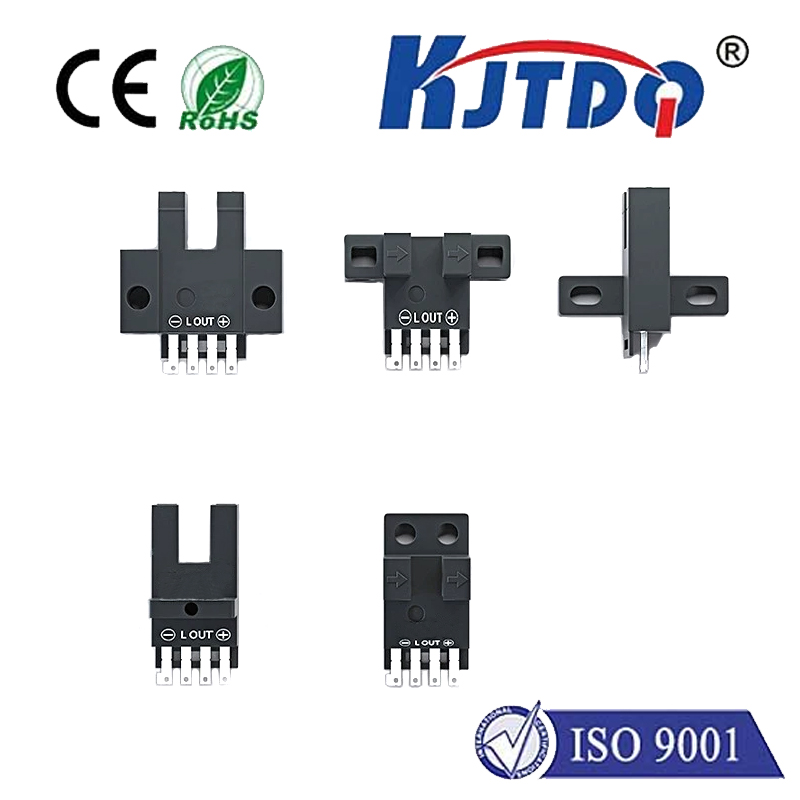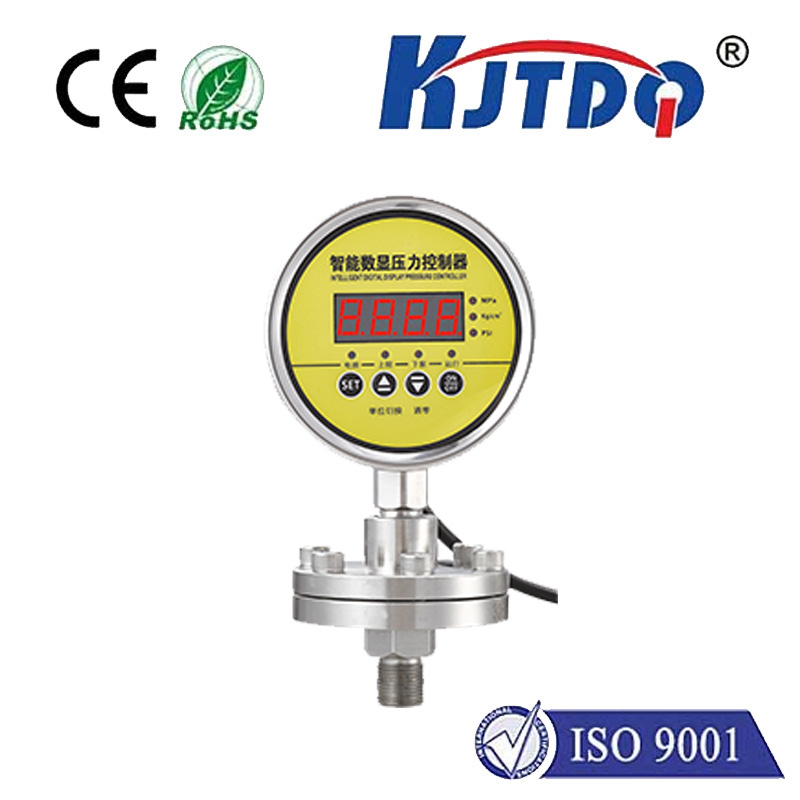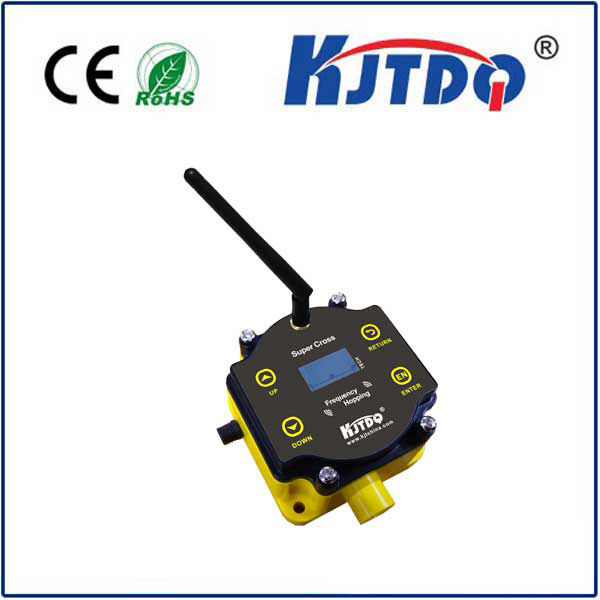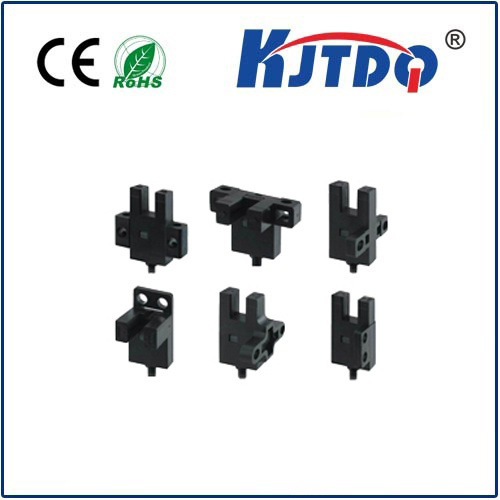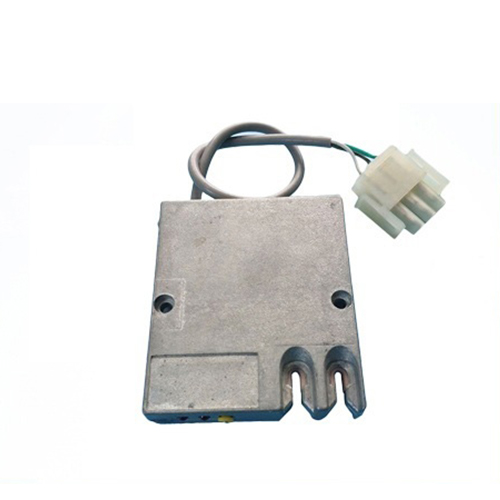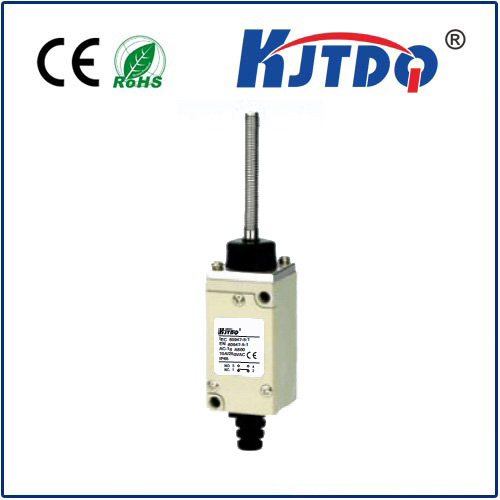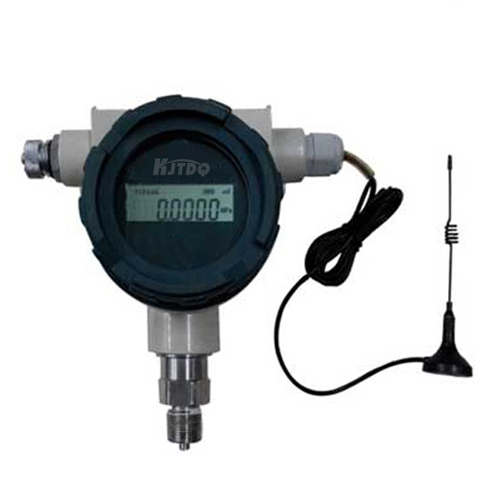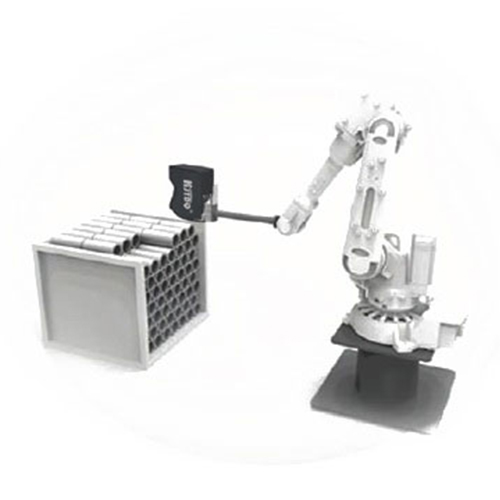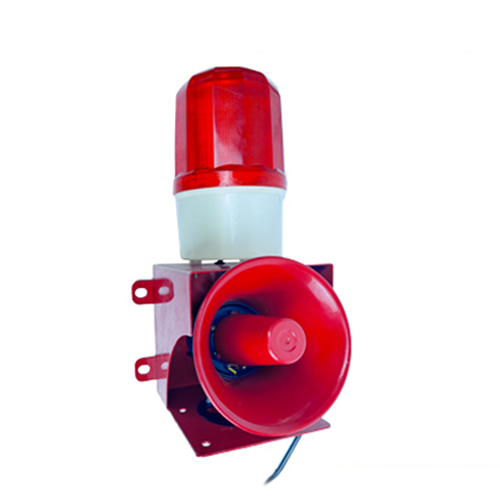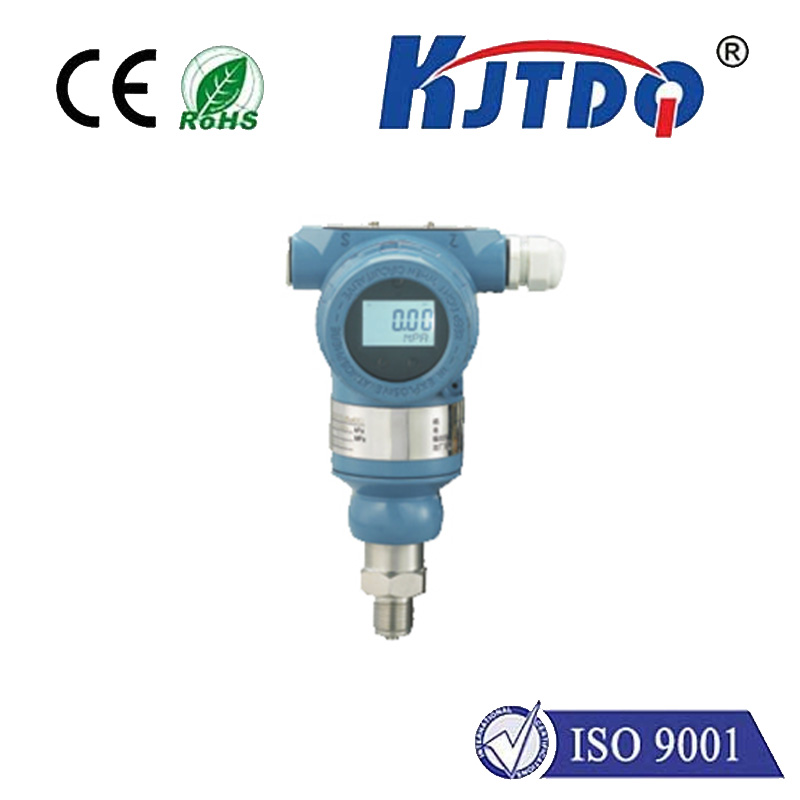Title: The Versatility of Laser Position Sensors in Modern Applications
Laser position sensors have emerged as a revolutionary technology that has transformed various industries by providing highly accurate and precise measurements. These sensors utilize the properties of lasers to detect and measure the position of objects, making them an indispensable tool in a wide range of applications.
One of the key advantages of laser position sensors is their ability to provide non-contact measurement, which eliminates the risk of damage or wear to both the sensor and the object being measured. This feature makes them ideal for use in harsh environments or situations where contact with the object could be harmful. Additionally, laser position sensors can operate over long distances, enabling measurement from a safe distance while maintaining high accuracy.

In manufacturing processes, laser position sensors play a crucial role in quality control and automation. They are used to monitor the position of components during assembly, ensuring precise alignment and reducing the likelihood of defects. Moreover, these sensors can quickly and efficiently scan complex parts, providing data for CAD models and enabling rapid prototyping. By integrating laser position sensors into production lines, manufacturers can improve efficiency, reduce waste, and enhance product quality.
Another area where laser position sensors have made significant contributions is in transportation systems. In railway networks, they are employed to monitor train positions and ensure safe distancing between trains. Similarly, in autonomous vehicles, laser position sensors are essential components of LiDAR systems, which provide real-time information about the vehicle's surroundings. This technology enables self-driving cars to navigate complex environments safely and efficiently.
Laser position sensors also find extensive use in scientific research and medical fields. In astronomy, they assist in tracking celestial bodies with great precision, allowing scientists to gather valuable data on planetary motions and other cosmic events. In medicine, laser position sensors aid in diagnostic procedures such as endoscopy, where precise positioning is critical for effective examination and treatment.
Furthermore, laser position sensors have become integral to structural health monitoring systems. Engineers employ these sensors to detect even minute changes in building or infrastructure stability, helping to predict potential failures before they occur. This proactive approach significantly reduces maintenance costs and ensures public safety.
The benefits of laser position sensors extend beyond these examples, demonstrating their adaptability across diverse sectors. With ongoing advancements in technology, the potential applications for laser position sensors continue to expand, promising further innovations that will shape our future. As we look ahead, it is clear that the impact of laser position sensors will only grow, making them an essential part of modern technological progress.
